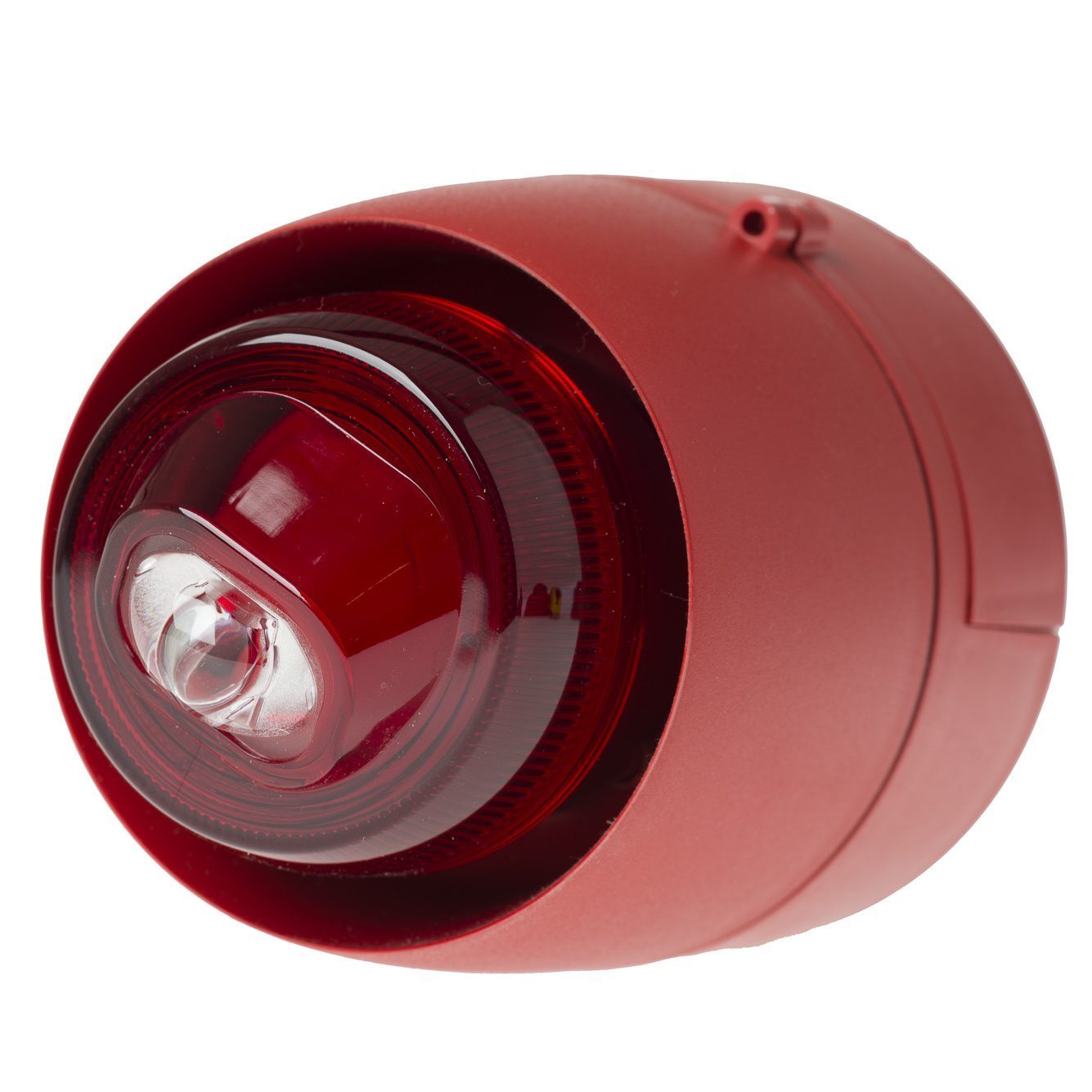Understanding Hotel Room Alarm Signals: Ensuring Safety and Compliance
When staying in a hotel, ensuring safety is paramount. In the event of an emergency, such as a fire, it is crucial for guests to be promptly alerted and guided towards a safe evacuation. Alarm signals play a vital role in this process, notifying guests of potential dangers and guiding them to take necessary actions.
Audible Alarm Signals:
Audible alarm signals are a fundamental component of hotel room safety. These signals are designed to attract immediate attention and alert guests to potential emergencies. Here are key aspects to consider:
- Sound Output: Hotels must ensure that their audible alarm signals meet the required sound output levels. In the United Kingdom, regulations specify a minimum sound level of 75 decibels (dB) at the bed head position. This ensures that the alarm is loud enough to wake up guests, even if they are sleeping.
- Alarm Types: Hotels typically install alarms that emit a distinctive, high-pitched sound to differentiate them from other sounds within the room or hotel environment. The alarms may be standalone units or interconnected with a central fire alarm system to ensure synchronized alerts throughout the building.


Visual Alarm Signals:
In addition to audible signals, visual alarm signals are essential for the safety of guests, especially those with hearing impairments or who may be sleeping or in situations with high ambient noise levels. Here are key considerations for visual alarm signals:
- Strobe Lights: Visual alarm signals often utilize high-intensity strobe lights to provide a strong visual indication of an emergency. These lights are designed to flash in a distinctive pattern, ensuring they catch the attention of guests and communicate the need for immediate action.
- Placement and Visibility: Hotels should strategically position visual alarm signals within guest rooms to maximize visibility. They are typically installed at a height and location that allows them to be easily seen from various areas of the room, including the bed, bathroom, and common areas.
Highlights To Remember
familiarise the staff and hotel guests on fire evacuation procedure
Consider using voice enhanced alarm to provide specific direction
Place Fire alarms in visible locations throughout the hotel
Clear lables should be on fire alarms
Take alarm warnings seriously when in hotels
IF YOU HAVE ANY QUESTON, ASK THE EXPERTS
Still have unanswered questions?
Our experience in alarm applications expands beyond what we have available online. We’re here to help if we can.


